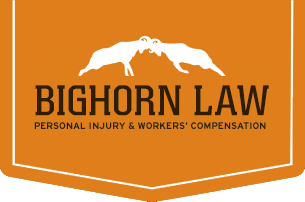Social media has been more important than ever since COVID-19 showed up. Unable to see each other in person, we could at least post updates, share news and generally stay connected to each other.
But if you have an on-going personal injury case, social media can be a minefield, and what you post could end up sabotaging part of your claim.
With insurance adjusters using social media entries to discredit plaintiffs, your online activities have the potential to do serious damage to your case. Luckily, that kind of negative impact can be avoided by following some key advice:
1. Check and double-check your privacy settings to ensure that your personal information and posts are private. Bear in mind that the other side can still use the discovery process to legally apply for access to your private posts.
2. Be stringent about accepting new friend requests. If you don’t know someone personally, don’t become friends. Insurance adjusters may send you a friend request in order to retrieve information.
3. Don’t discuss any aspect of your health, your case or provide updates on your recovery. Reassuring your great-aunt that you’re ‘feeling much better, thanks!’ on your timeline can come back to bite you.
4. Avoid posting about your activities – it’s possible that photographs or comments may be used to suggest inconsistencies with your case or state of health.
5. Remember that innocuous posts can be misconstrued. That picture of you swinging your kid nephew in the air? Laughing and goofing around with friends? The post that mentioned how you finally got around to fixing up the garden and cutting back all those overgrown bushes? Insurance adjusters will be alert to any messaging that hints to your state of physical and mental health.
6. Make sure that your friends know that they should not post comments about your injuries or activities.
7. Consider not using any social media until your case is concluded. We know – that’s a tough ask, especially right now with distancing and fewer socializing opportunities. However, quitting social media for a limited period of time, until your case wraps up, is the only way to be sure that you don’t post something that may inadvertently harm your claim.
During the life of your case, err on the side of caution, go old-school and call up your great-aunt to let her know you’re doing okay instead of updating Facebook. And if you’ve got any questions, Bighorn is ready to help – we’ve always got your back.


